Housing & Money: A Guide To Getting A Place In Korea
Last Updated on May 17, 2020
Having lived in Korea for ten years, I’ve gone though numerous housing arrangements. I started off living in school provided housing which worked out fabulously for my first year and have gone from renting to now owning while in Korea.
My second job was horrible, the owner didn’t even look into finding me the housing that was promised until a month in (I slept on an amazing friend’s floor during that time) so I ended up taking a flat cash stipend and found my own room to rent from someone. It was during that time that I learned just how horrible it could have been to live in school provided housing. Sure there are benefits to getting a house as soon as you come which is great for new English teachers in Korea, but it doesn’t always work out for the best. If the owner up and fires you or you want to leave the job, someone has your room and shelter to hold over you. For the past eight years, I’ve used key money to get my own place, then a place with my boyfriend and now an apartment in a villa with my husband and daughter. From the low end renting a room for W500,000 (~$500) a month in Itaewon to renting the lowest key money places at around W5,000,000 ($5,000) near Hongdae to living in a house where we had to put up about ten times that PLUS a loan from the bank and now we’re about to move into the first house that we bought and will own! I’ve seen most, if not all housing situations thrust upon foreigners who have no idea how the Korean housing system works so I wanted to put together a nifty guide to help with the inevitable questions to come.
(This post contains affiliate links, which means I receive a certain percentage of a sale if you purchase after clicking. These funds go to maintain the site. Thank you for your support.)
If that first paragraph was in anyway confusing, not to worry. I’ll explain what you need to know below. Let’s dive in. Shall we?
This is a long post, to skip ahead, click below:
Vocabulary You Need To Know For Housing in Korea
What To Do To Reduce The Risks
Housing Options In Korea:
Serviced Residences: These furnished apartments are available for short and long term residents and usually have all of the modern necessities you’d expect in an apartment. The units are usually 2 to 3 times larger than a hotel room and contain a kitchen. There are also hotel-like services usually included like a front desk, a business center, community center yet they are more affordable than staying in a hotel for an elongated period of time.
Apartments: The most common type of housing in Korea by far, they are preferred for their convenience. Apartment complexes are often built with all of the necessities nearby like markets, parking, post offices, gyms, parks and playgrounds and easily accessible via public transportation. The water/gas and heating are all well established however, the units may be a bit smaller than they are in their western country counterparts. Living in an apartment complex means there may be some issue with lack of privacy and often parking spaces aren’t assigned so in the evening after work, there may be some issues finding a spot.
Officetels/One Room Studios: Another popular option, these office+hotels are located in easily public transportation accessible spots and come equipped with a kitchen and washer/dryer. Some are also equipped with furniture, though some are not as well. Keypads are usually used at the entrance and into each house in order to protect/provide privacy.
Hanok (한옥): A traditional Korean home which is a more uncommon place to live, but still an option features the traditional ondol (heated floors) heating. They often have a small porch and courtyard that help to keep the home cool in the summer and hot in the winter. While traditional homes didn’t have running water, there are many that have been updated and have bathrooms and kitchens inside now.
Villa/Jutaek (주택): These are 3-5 story buildings divided into units. They are usually a bit older than the apartments and officetels. These villas may be furnished or not and usually have a gate and perhaps a courtyard, garden or rooftop patio/garden. They don’t usually have maintenance personnel or security guards. Utilities are paid by usage. I’ve always opted for a jutaek because I like getting to know my neighbors and they’re usually a bit more unique than the cookie cutter apartments.
Hasuks (하숙 집): These are mini-dormitory like abodes in a house for students coming to the city for university or for business people who want to live closer to the workplace. There are separate floors for men and women and bathrooms are shared. The rooms are usually small but furnished with a bed, storage and a desk. They are paid monthly and they don’t have utility, maintenance or security fees but meals are included in the monthly price often prepared by a an older Korean woman/housekeeper.
Gosiwon (고시원): A gosiwon is similar to a university dorm except the rooms are way smaller (2 pyeong or less). It’s literally enough room for a bed and a desk. Students and workers that live here usually just use it as a place to crash and head to their hometowns on the weekends. Bathrooms and kitchens are shared but meals are not included.
Vocabulary You Need To Know For Housing in Korea:
Key Money (Jeonse/Cheonsei): A large deposit that is usually 30% to 60% of the property value. The landlord keeps this money for the duration of the housing contract which is usually 2 years long. At the end of the contract, the landlord MUST return this deposit.
Monthly Rent Payment + Deposit (Wolse): This is a variation in which you pay the key money AND you pay a monthly rental fee on a designated day each month. The key money deposit in this case is about 4 to 20 times the amount of the monthly payment. This is a popular option with landlords because they can invest the key money in a savings account to gain interest AND they can gain a steady non-refundable income from their property. Rents can range from W150,000 (~$150) to W3,000,000 (~$3,000) a month depending on how much is deposited and location. Many building owners are opting for and accepting less key money deposits in order to get higher monthly rental fees due to low interest rates on savings accounts currently.
Kalse (Full Monthly Rent Paid Up Front/ NO Deposit): The entire amount of rent is paid up front for the next two years (common duration of a housing contract). This is usually used by companies housing their staff. In this case it’s important to have an opt-out clause in the contract in case problems arise.
Pyeong: This is the Korean counting system for housing size and equals approximately 3.4 square meters. Important to realize is that the actual living space in a house is usually 30-40% less than the apartment size stated so a unit may be listed as 10 pyeong, but the actual living space would be 7 pyeong.
BEFORE Moving In:
For Renters: check that a possible housing option doesn’t have a lien against the property or loans on the property. If you will be getting a loan to help with housing, your bank will do this as well and if there is a loan or lien, they won’t offer you a loan which means you won’t be able to get the house.
For Renters AND Buyers: Getting A Loan: If you will need a loan for either a jeonse apartment or to buy your house, head to the bank for your initial assessment. The bank will consider your personal information, job status, annual income and other collateral information to let you know what you may be able to borrow. Banks may have slightly different qualifications and some work more easily with foreigners than others so if you go to your bank and they are hesitant, try another bank. We used Woori Bank and had no problems. I’ve heard good things about KEB facilitating loans for foreigners as well. However, be aware, the amount and whether or not it is an option may change depending on the building/apartment you try to rent/buy. The bank also needs to assess the property and the if renting, the property owner in order to consider the loan so there will be a three day waiting period while this is done.
- Forms to take to the bank to start the loan process (banks may need subsequent information, so ask at your bank what specific documentation they need):
- Alien Registration Card
- Proof of employment/certificate of employment
- Proof of salary (annual tax settlement form/pay stubs from the past three months)
- Proof of alien registration (obtained from the Korean Immigration Service)
- Marriage certificate or a family relations certificate issued from the district office, if applying for loan as a multicultural family
After the initial process is started at the bank and the application has been approved, the loan officer will then assess and set lending conditions for you to agree to. Once you agree, you sign a contract and the loan amount will be deposited into your account via the loan center. This process can take up to a week. Any fees/expenses are deducted from the amount, so be aware of that.
For Renters AND Buyers: are expected to pay 10% of the key money (for renters)/contract total (for buyers) when signing the contract. The balance is expected on the day you’ll be moving in. It is important to realize that the building owner will expect all the rest of the money on the move-in date and if you move in on a Saturday or Sunday, you won’t be able to get the money from the bank as banks are closed. This is why most people try to move on a weekday so they can also stop by the bank to send the rest of the funds. If you have to move on the weekend, make sure to talk with the building owner and work out a way to get them the balance.
Get Movers: Koreans use moving companies that will box and unbox everything for you so most do not pack up their houses prior to moving. When finding a moving company, you’ll need to let them know what you have and want to be moved. Most companies will send someone to your house to see what large furniture items you have and then they will base the price of moving on that. Ensure the company will box and unbox for you as I have heard of some companies that will box, but then just dump things at the other end. It doesn’t cost a whole lot more to have them unbox and basically means you will be all set up in your new house in less than 10 hours. For us, they sent three men and one woman. The woman is usually in charge of the kitchen area and tidies up other areas. The men are in charge of loading and unloading the heavy items and they take apart and put back together closets and anything else you need. They will also be able to hang pictures or shelving on walls if you ask them which I highly recommend as the walls are cement so if you plan on doing it yourself later, it will be A LOT more work.
What To Do To Reduce The Risks:
For Renters: Register the lease and key money payment at the local gu office. This is basically insurance on your cash deposit and you will want this. In order to do this, you should bring the lease agreement to the local registry office (등기소) and obtain a hwak-jeong-il-ja (확정일자). This form is an official record of your deposit money and establishes your priority for getting your money back if the property were to go to auction. This is extremely important to have and is really not optional if you want to ensure that that large key money deposit you just made comes back to you.
Even if you DO NOT get this form, you may still be able to establish your rights to creditors as due to Korean law, a tenant can claim priority over lenders claiming the property if the tenant can show proof he/she (1) has occupied the property and (2) registered his/her relocation with the local government office. HOWEVER, the tenant may not be able to claim the entire amount in this case.
MOVING OUT:
For Renters: If moving out EARLY, you may be expected to find someone to move in and pay the key money. This is often due to the fact that building owners will have put the key money into a CD which they cannot/don’t want to take it out of early. You will often see notices in expat groups about housing availability and someone offering up their home due to this.
If a tenant hopes to move out prior to the contract end date, a usual notice period of 60 to 90 days is required and it’s important to stipulate in the contract acceptable reasons for early termination so that there will be no penalty fees applied.
This works in reverse as well. If a building owner asks YOU to leave for whatever reason, our last house was going to be torn down so an apartment complex could be built, you have the same amount of time to leave. However, again, consider the community. I don’t recommend waiting the full 60-90 days and pushing it if you don’t have to. Be considerate and understanding of the situation.
This system of renting can be advantageous to save money and pay less in rental fees each month but it can also be risky in a variety of ways.
If the landlord cannot find a new tenant, renters may need to wait for the return of their full deposit. This happened to us! We “couldn’t” move for three months even though we were ready to but no one wanted our place so the owner wouldn’t/couldn’t give us our key money deposit. Basically, the owners didn’t have our money for whatever reason from a bad investment to spent it all and needed someone else to move in so they could take the new renters key money and give it to us. Obviously, realizing we had inept building owners wasn’t a great lesson and we could have sued or gone to the local registry office since we had insured our key money, but we opted to wait and give them time to work it out. My husband is far more understanding than I am as I learned. It all worked out, but it’s also important to understand cultural values as well when considering housing issues. While I knew we had rights on paper and would have walked out the door, my husband has a much more collective community mind and willingly stayed in order to let the building owners figure things out. The building owners were an older couple who collected cardboard day in and day out with a son-in-law who rocked up in a Benz every so often so it was pretty clear to us where the money had gone and how little they actually had unfortunately.
The point is, understanding goes a long way and looking at issues from a different perspective can make living and housing arrangements easier to understand in Korea.
Know Where To Stay!
Did you like this post? Pin It!

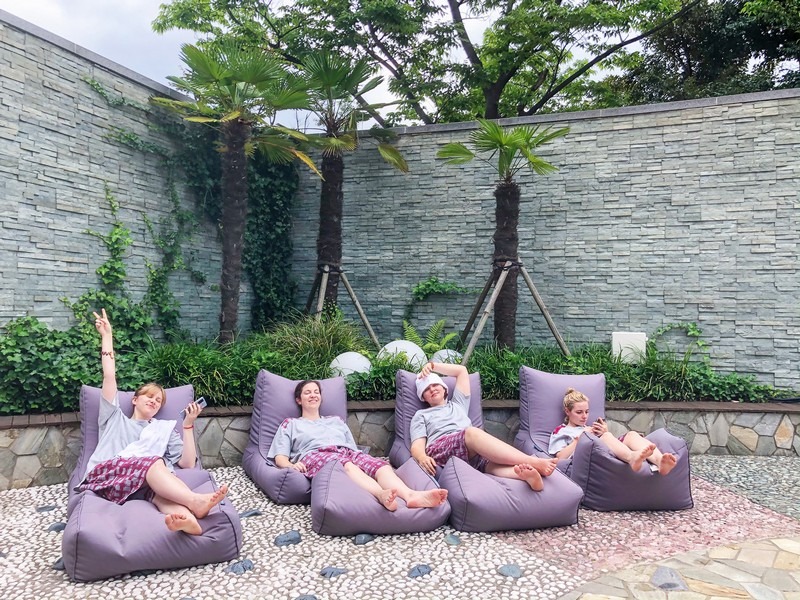
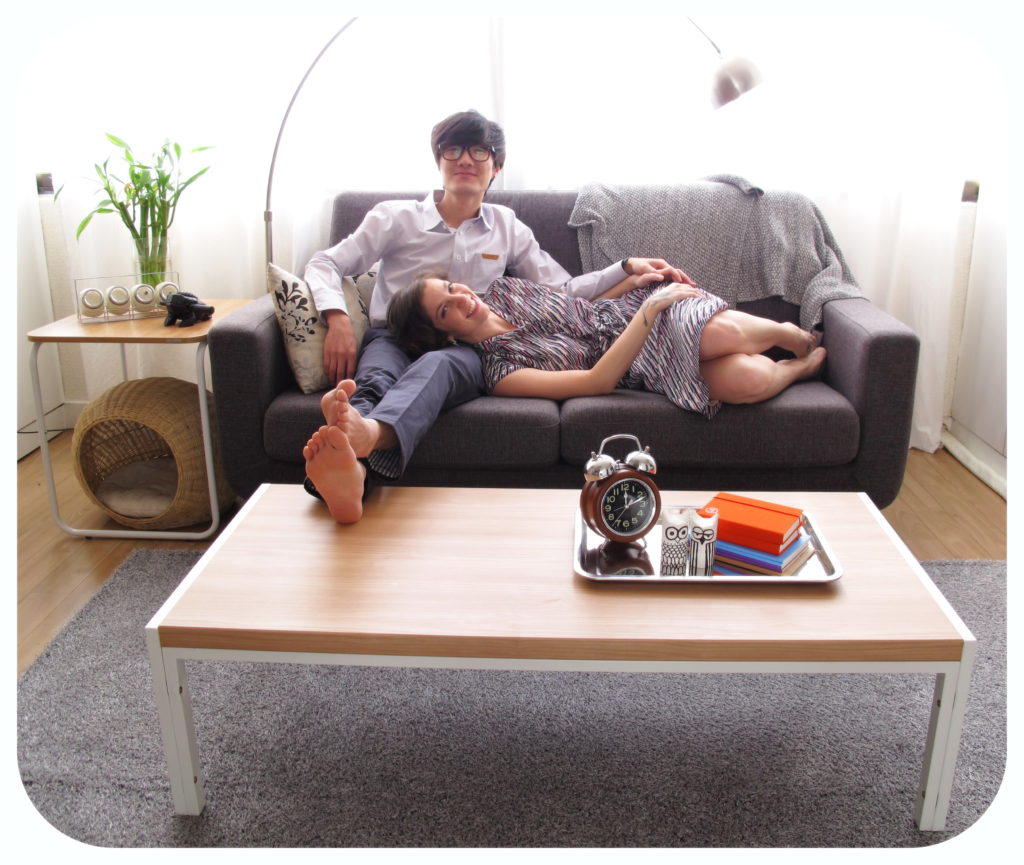
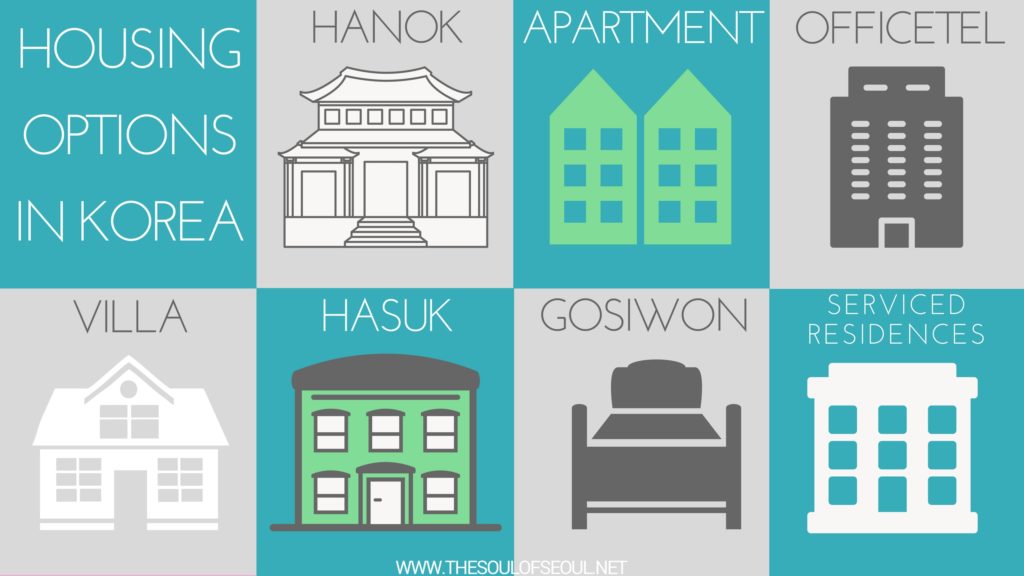

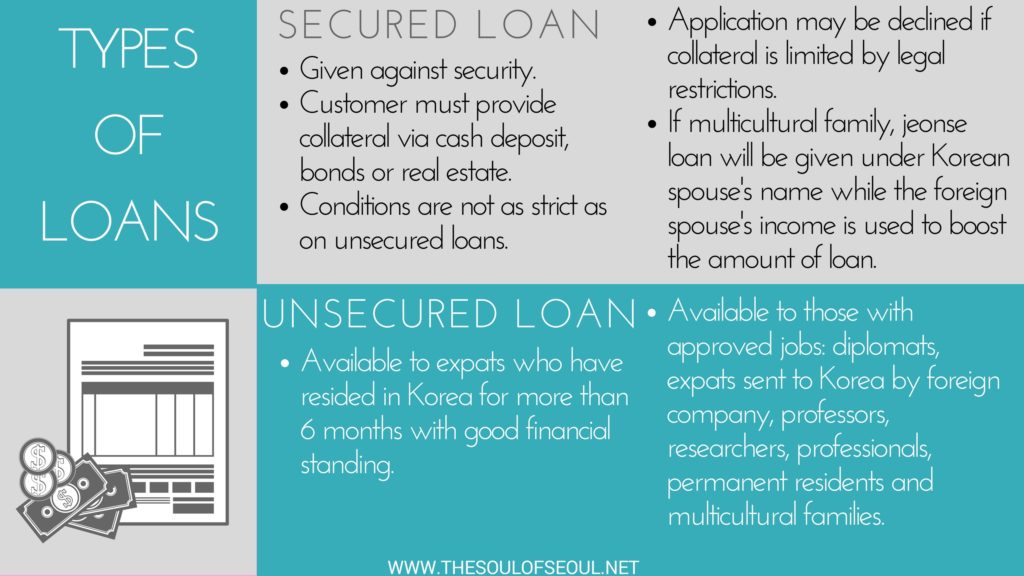
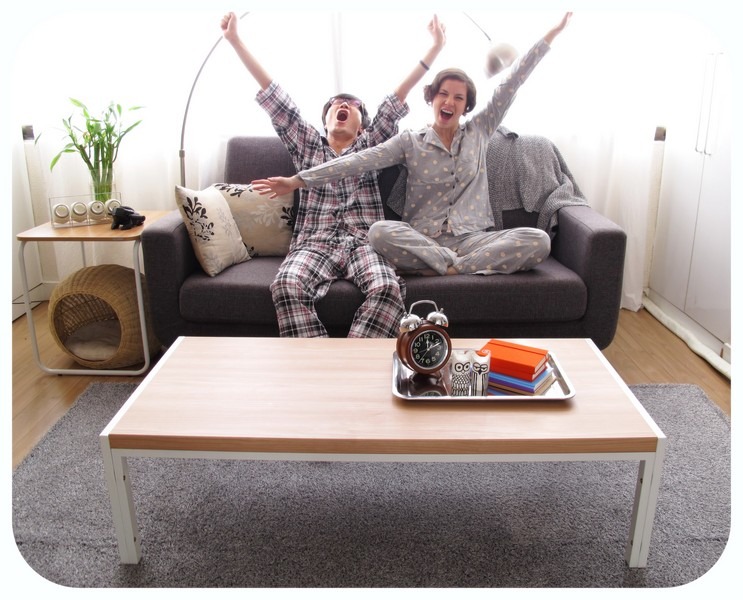

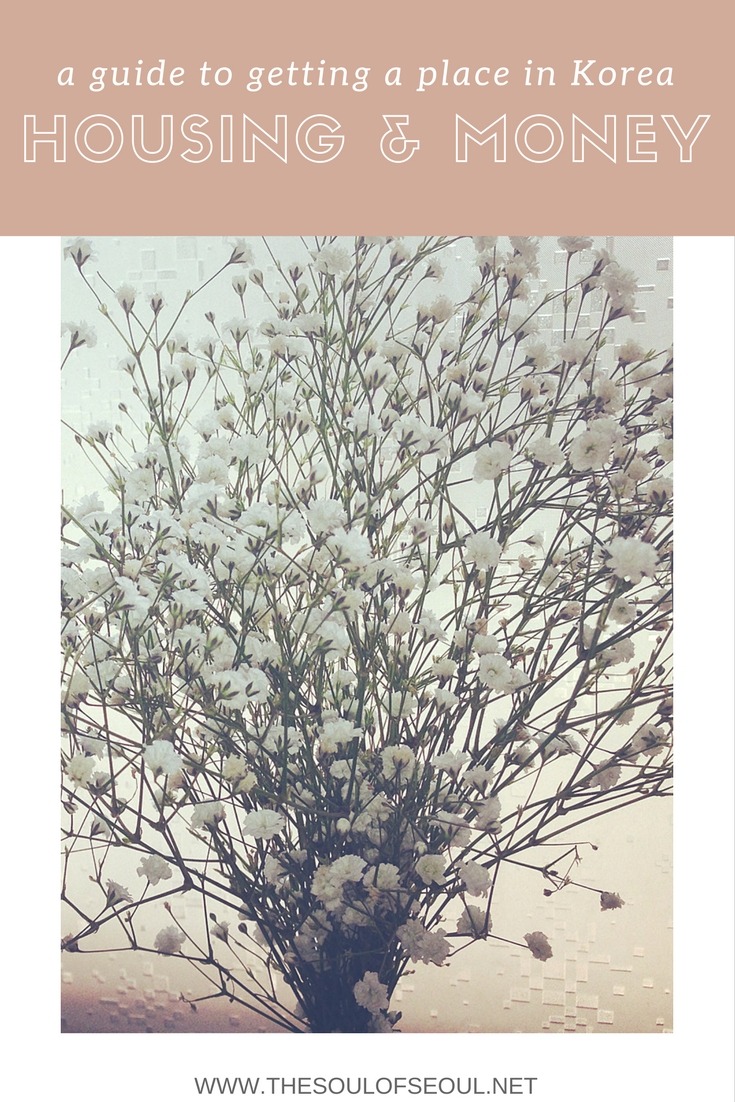
2 Comments
Julissa Vizcarra
I’m planning on moving there for a year. I will find my own job before going. I have always wanted to move to a safe country to help in someway in the medical field. I chose Korea. So my question is , is it better to just rent a airb and b for that year if I play upfront ? Or is that something I shouldn’t do ? I’m assuming they don’t need a deposit?
Bee
Woah…some serious paper work. So glad you guys found your own place. I agree I’m very happy to be done with the e2 hagwon sponsored housing. Well done!